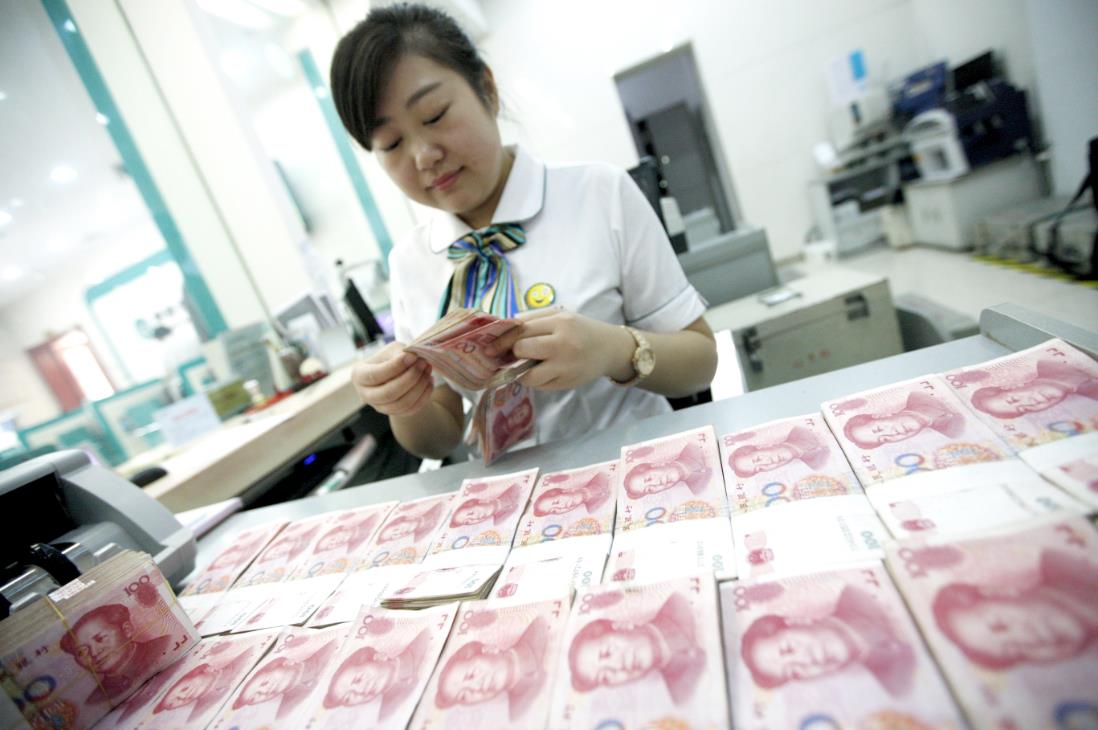Reforms bring big benefits for small firms


Market-oriented measures set to boost efficiency of financial industry
The recently announced financial reform package underscores the central authorities' intention to strengthen the capacity of China's financial industry in supporting smaller businesses to help facilitate a steady economic recovery and ensure stability in key areas, including employment and people's livelihoods, experts and economists said.
The 11 financial reform measures announced by the office of the financial stability and development committee under the State Council last week also showed that China will continue to use market-oriented reform to boost growth and efficiency of its financial industry and capital markets, they said.
A majority of the new reform measures focus on boosting financial support to small and micro businesses that have been hit by the COVID-19 outbreak. The measures include rolling out the matrix for regulators to evaluate banking services for small and micro businesses, further reform of small and medium-sized banks to accelerate their capital replenishment by raising funds through multiple channels and improve their corporate governance.
The reform package also unveiled detailed regulations for Shenzhen's startup board ChiNext to launch the registration-based initial public offering system, which will help channel more funds to the country's innovative startups.
Analysts said that the reform measures are an example of China's efforts to deepen market-based reform in the financial and banking industry. It is also a response to the top leadership's call for improving the role of the financial industry to better serve the economy and support smaller businesses which is crucial for the country to achieve the goal of ensuring stability in key areas such as employment and people's livelihoods.
President Xi Jinping has said on multiple occasions that the country must deepen supply-side structural reform in the financial industry to strengthen the capacity of the country's financial services. Xi also pointed out that the fundamental role of the financial industry is to serve the economy and people's lives.
"The 11 financial reform measures will be introduced to further promote China's supply-side structural reform in the financial sector and increase the efficiency of financial markets and to better serve the real economy and improve people's livelihoods," said Zeng Gang, deputy director-general of the National Institution for Finance and Development.
The measures highlight the importance of strengthening financial services for small and micro businesses and comprehensively improving the financial policies and services of financial institutions, which have become increasingly critical after the novel coronavirus outbreak seriously affected the businesses, Zeng said.
Xiao Feifei, chief banking analyst with CITIC Securities Co Ltd, said in a report that the financial reform measures will strengthen the capacity of the financial sector to support the real economy, ramp up support for micro, small and medium-sized enterprises, promote economic recovery, and stabilize employment.
The financial reform measures also include further opening the country's bond market and credit ratings business to foreign investors and companies, preventing financial risks and strengthening investor protection.
"China will continue with the two-way opening of its financial market. For example, there is still big room to allow more overseas financial institutions to sell onshore yuan-denominated bonds. It will help promote greater two-way flow of capital and help lift the profile of the Chinese currency in the global markets," said Xu Hongcai, deputy director of the economic policy committee of the China Association of Policy Sciences.




































